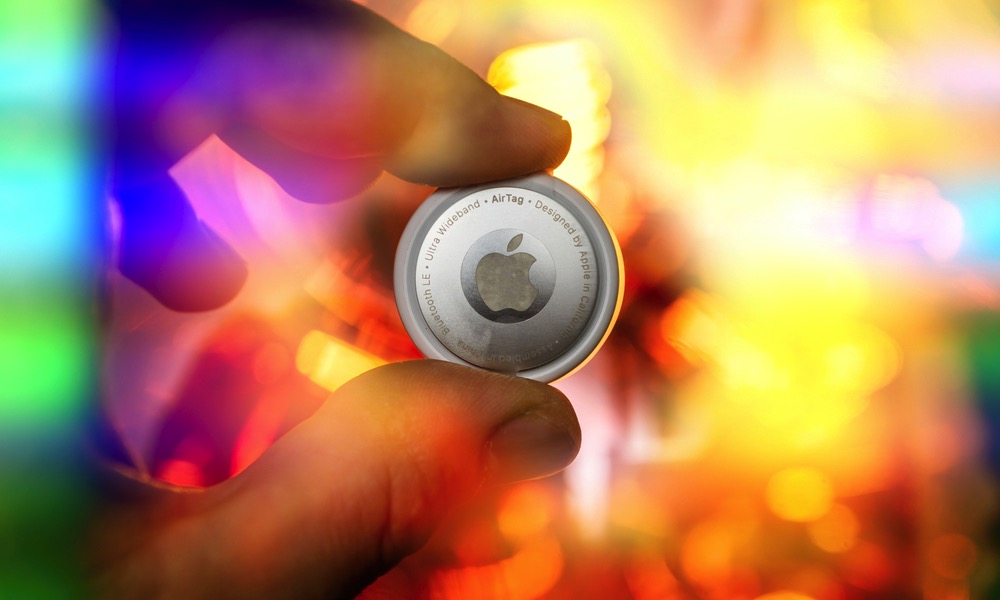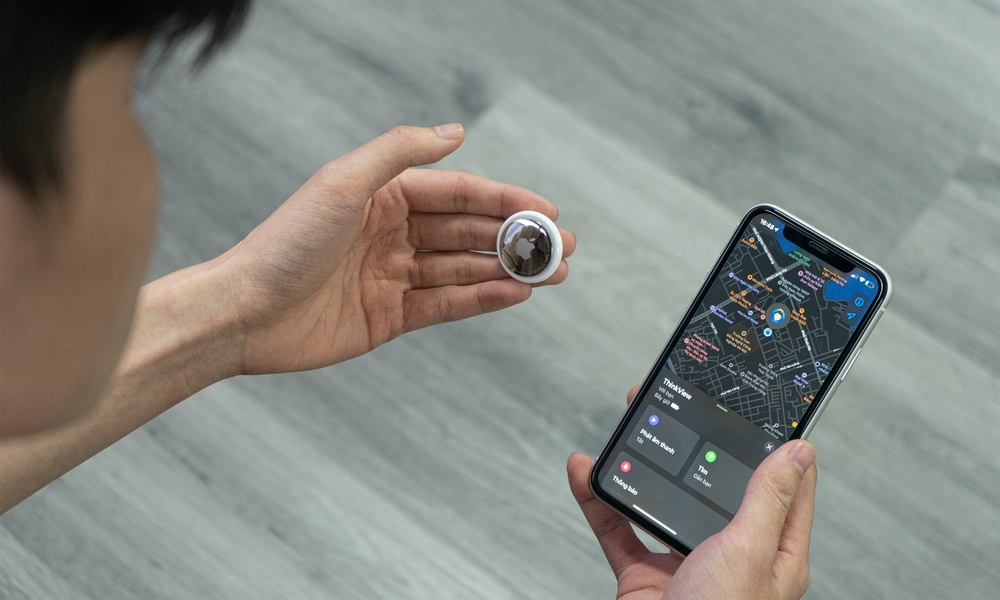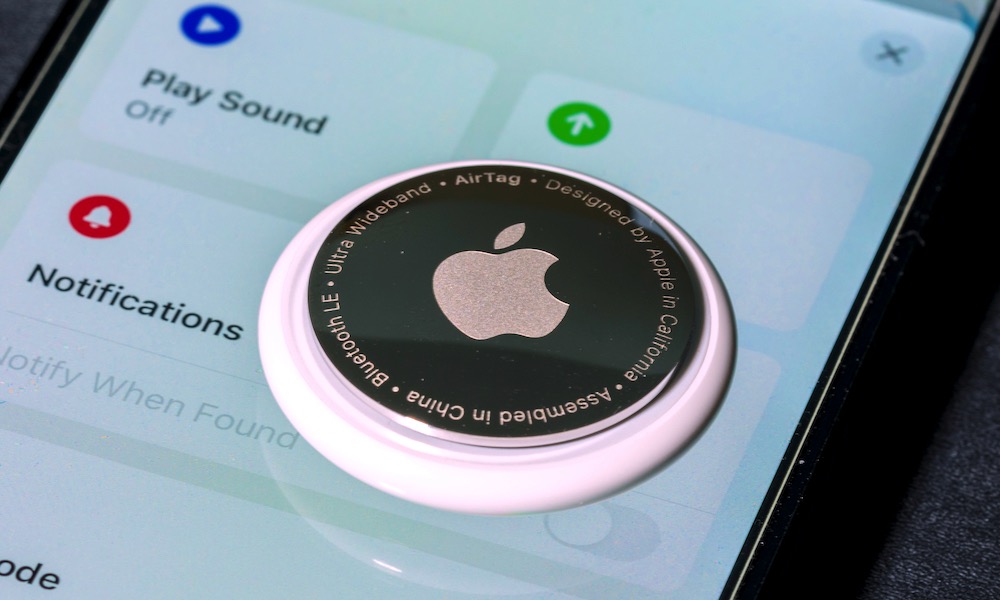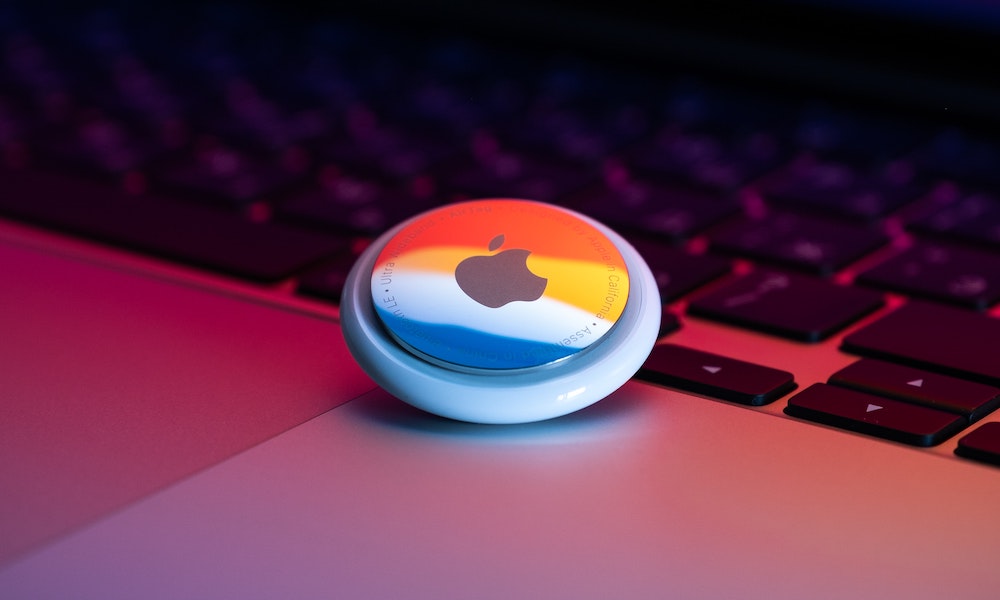Is Airtag Stalking Finally Fixed?
 Credit: Hadrian / Shutterstock
Credit: Hadrian / Shutterstock
Toggle Dark Mode
Apple’s AirTags are one of the company’s most convenient products. They might not do much, but they’re fantastic at what they can do.
With a single AirTag, you can keep track of your most important stuff with nothing but your iPhone. Not only will you get a location for where your things are, but you can also get specific directions so you don’t spend too much time looking for them.
Unfortunately, some may say that the AirTags are a little too good at their job. As it turns out, some people have decided to misuse their AirTags to find and track possible victims.
Of course, that’s not what the AirTag was made for, and Apple has been constantly working on making them safer. For instance, you’ll get a notification on your device if there’s an AirTag moving around with you when the iPhone it’s connected to isn’t nearby.
Unfortunately, that’s still not enough, which is why there have been many other ways people suggested to help “solve” the AirTag problem.
However, among all these ideas, researchers from Johns Hopkins University and the University of California, San Diego, have created a clever new way to both detect AirTags and keep the user’s privacy safe.
AirTags: Stalking vs. Privacy
Apple has been forced to make a compromise between preventing the abuse of AirTags by stalkers and possible privacy concerns for legitimate AirTag users.
You see, the way the AirTags — as well as other tracking devices — work is by sending a signal to your iPhone. This signal is basically saying, “Hey, iPhone, I’m AirTag #143845, and I’m right here.”
But if someone wants to track your movements, they could just get the identifier of your AirTag — in this case, the number 143845 — and easily track your every move.
Because of this, Apple constantly changes the AirTag’s identifier, so tracking you wouldn’t be as easy. According to the research, “Apple AirTags rotate their identifier every 15 minutes when within range of their owner devices.”
So, for instance, for the first 15 minutes, your AirTag would be “AirTag 143845,” but in the next 15 minutes, your AirTag would change its “identity” to “AirTag 735215,” and so on every 15 minutes after that. (Note that these numbers are oversimplified examples — the actual identifiers are much longer and more complex).
So, that solves the privacy issue, but what about the stalking issue? After all, if an AirTag is constantly changing its identifier, it would be impossible for other iPhones to detect if someone else’s AirTag is following them around. Instead, they would see a “new” AirTag appearing every 15 minutes.
To solve this problem, Apple decided to make the intervals longer when the AirTag doesn’t detect that its owner is nearby. Again, according to the study, Apple reduces “this rate to once every 24 hours when out of range.” Since the identifier remains the same, your iPhone can properly recognize an “orphaned” AirTag moving around with it.
However, as the research mentions, this unfortunately also leaves a big window for people to identify your AirTag and track it. Granted, it’s not likely too many folks will be moving around with only an AirTag, without also carrying their iPhone, but it could easily be used to track items such as luggage passing through an airport terminal. In such cases, the AirTag identifier would likely remain the same from the moment your bag is checked in until you pick it up off the conveyor belt on the other end.
So, it’s not a perfect solution, but according to the study, it’s what companies like Apple, Samsung, and Tile are working with. But maybe it doesn’t have to be this way. Or at least, that’s what the researchers believe.
AirTag Stalking Might Soon Come to an End
As reported by Wired, the people behind this research developed a new cryptographic scheme that could potentially solve this particular AirTag stalking issue.
The solution: Secret Sharing. The study proposes a secret sharing mechanism in which the location tracking accessory, or LTA for short, would send a secret identifier. But instead of just sending one share, it would send multiple shares during each interval.
As Wired puts it, it would be like piecing together a puzzle in which your iPhone would only know your AirTag’s correct identifier if it has enough pieces of that puzzle. However, someone trying to track your AirTag wouldn’t have all the pieces, making it more private for you.
On the other hand, if your iPhone receives bits or pieces of information from an external AirTag for a certain amount of time, it would immediately understand that there’s an AirTag nearby that does not belong to you.
While this solution isn’t perfect, as it would not be able to handle real-life situations with multiple AirTags sending different signals all the time, the researchers used error correction coding that would help your iPhone focus on the signals despite any errors or “noise” it would find.
Why Apple Isn’t Using This Technology?
As of right now, the researchers behind this work have already reached out to Apple to let the company know of this study. However, as you can expect from Apple, the Cupertino company hasn’t stated anything publicly.
With that said, it’s very well known that Apple, along with Google and Samsung, have been working on ways to solve this tracking issue and to make their tracking devices safer for both owners and possibly staking victims.
It’s a matter of time before we know if Apple plans to use this solution or find another solution on its own.
The AirTag Is Still Far From Perfect
At the time of writing, the AirTags already had a couple of flaws that make it a possible tool for stalkers in real-world scenarios. For one thing, this research is entirely about other people tracking you (or your items) via your AirTag when it’s moving around without your iPhone nearby.
That’s something Apple hasn’t addressed nearly as well as the other, more common scenario of somebody planting their AirTag on you and tracking it from their own iPhone as if you were one of their lost items. Nothing in the study addresses this scenario, but Apple already has iPhone alerts to handle that — and Google is getting on board, too — so, it’s important to stay alert and watch out for these.
However, the other problem hasn’t been covered by Apple, so the researchers at Johns Hopkins University and the University of California did a pretty good job with their study, and hopefully, Apple will learn a thing or two from it.
In the meantime, stay alert of your surroundings and be sure to check your iPhone’s notifications to make sure you aren’t being followed against your will.










